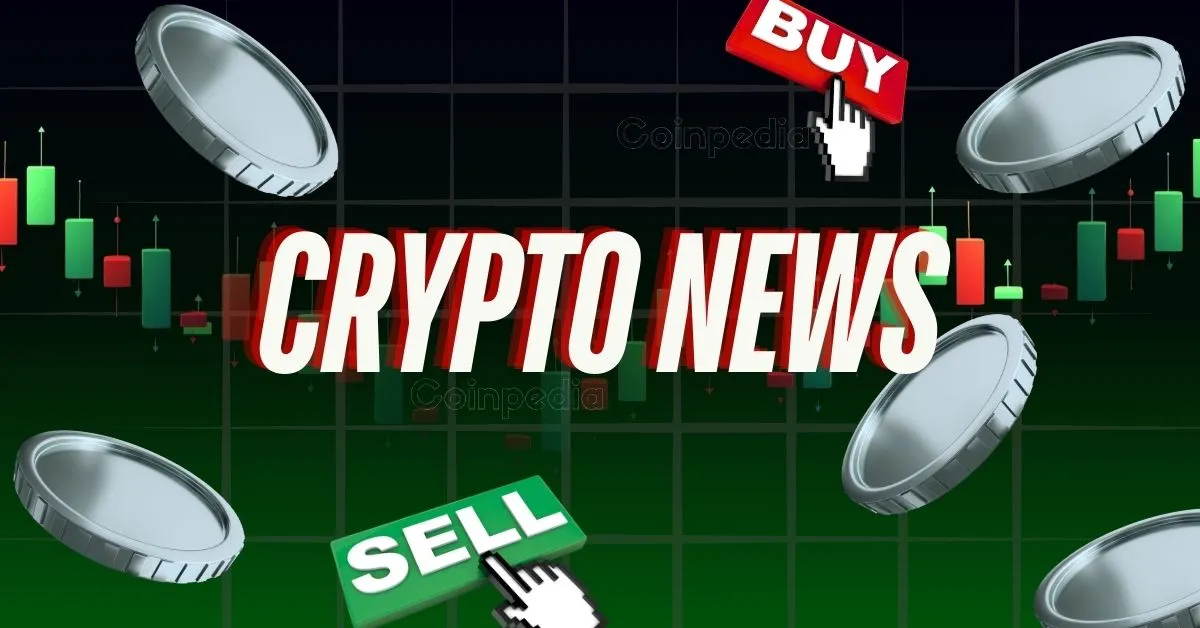
The U.S. Securities and Exchange Commission (SEC) is gearing up for a virtual examination of Binance.US’s technology systems and software. This move comes as part of ongoing legal proceedings involving Binance, its U.S. counterpart Binance.US, and co-founder Changpeng Zhao.
The parties involved have recently submitted a joint status report to the court, detailing the ongoing document production and deposition process. A virtual inspection of Binance.US’s technology is proposed for the near future.
Previously, the court had denied an immediate request for inspection, advising the SEC to refine its requests and consult additional witnesses. Binance.US has expressed opposition to the increasing number of document discovery and deposition requests by the SEC.
This inspection is just a slice of Binance’s legal tangle. Their attempt to dismiss the SEC’s case in September hinged on claims of the agency overstepping its crypto regulatory bounds.
Separate from the global Binance platform, Binance.US operates independently. Despite a licensing deal with Binance, it faces its own share of regulatory and operational hurdles.
Read More: Binance.US Ramps Up Defense Against SEC with Top Legal Eagles
Compliance Challenges Weigh Heavy
Registered with the Financial Crimes Enforcement Network (FinCEN), Binance.US lacks a federal banking charter or a New York State BitLicense, adding to its compliance complexities.
The exchange has faced scrutiny from multiple U.S. authorities, including the Commodity Futures Trading Commission (CFTC), the SEC, and the Department of Justice (DOJ), over alleged violations of securities laws and money laundering concerns.
Amid these challenges, Binance.US strives to cement its position in the U.S. market. Efforts include obtaining state licenses, partnering with local banks and payment processors, and enhancing its platform with more features and coins.
However, restrictions in states like New York, Texas, and Florida limit its customer base and revenue potential. Additionally, the exchange grapples with issues of liquidity and trading volume, crucial for its growth and legitimacy in the competitive U.S. market.
Story Highlights The live price of the SFM token is . The SFM price could…
Story Highlights The live price of the MANA crypto token is . MANA price could…
Bitcoin fell 0.8% to $113,467 early Wednesday, staying close to the one-month low it touched…
As hype around Pump.fun’s $PUMP token begins to fade, investors are reallocating capital toward meme…
Chainlink has made a game-changing leap into real-world asset tokenization with its latest innovation, which…
Bitcoin is trading near $114K after recent ETF outflows and stagflation worries pulled it back…